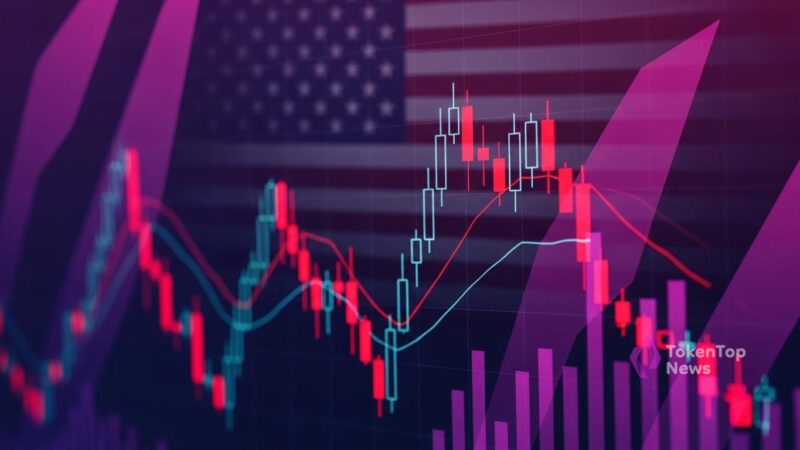Binance Seeks Early Termination of DOJ Oversight
- Binance negotiates to end DOJ compliance oversight early.
- Changpeng Zhao serves sentence; Teng now CEO.
- Major market confidence impact and regulatory considerations.

Binance negotiates with the U.S. Department of Justice to end compliance oversight following a $4.3 billion settlement related to its operations, initially set to last three years.
The outcome could influence market perception and regulatory approaches, affecting Binance’s operations and related cryptocurrencies like BTC, ETH, and BNB BNB +0.79% .
Binance’s Compliance Oversight Conclusion
Binance is reportedly negotiating with the U.S. Department of Justice to conclude its compliance agreement ahead of schedule. This monitorship was part of a $4.3 billion settlement in 2023, initially spanning three years.
The involved parties include Changpeng Zhao (ex-CEO) and Richard Teng (current CEO). The DOJ aims to maintain anti-money laundering standards, marking a significant change in Binance’s compliance landscape.
There are immediate effects on Binance’s market presence, especially regarding major trading pairs such as BTC, ETH, and BNB. Industry observers highlight mixed sentiment about potential liquidity impacts. “The focus on compliance has only strengthened our resolve to operate transparently and in line with regulatory expectations,” said Changpeng Zhao, ex-CEO of Binance.
Financially, this negotiation reflects broader implications for regulatory practices. Political and business dynamics may be influenced, especially in the context of Binance’s extensive crypto exchange operations.
Early termination negotiations signal potential shifts in Binance’s regulatory risk profile. As historical precedents suggest, this could lead to altered compliance strategies in the crypto industry landscape.
If successful, Binance’s oversight conclusion might set a technological precedent within the crypto sector. Historical data from similar DOJ settlements indicates a potential increase in compliance-related expenditures, affecting market perceptions.



